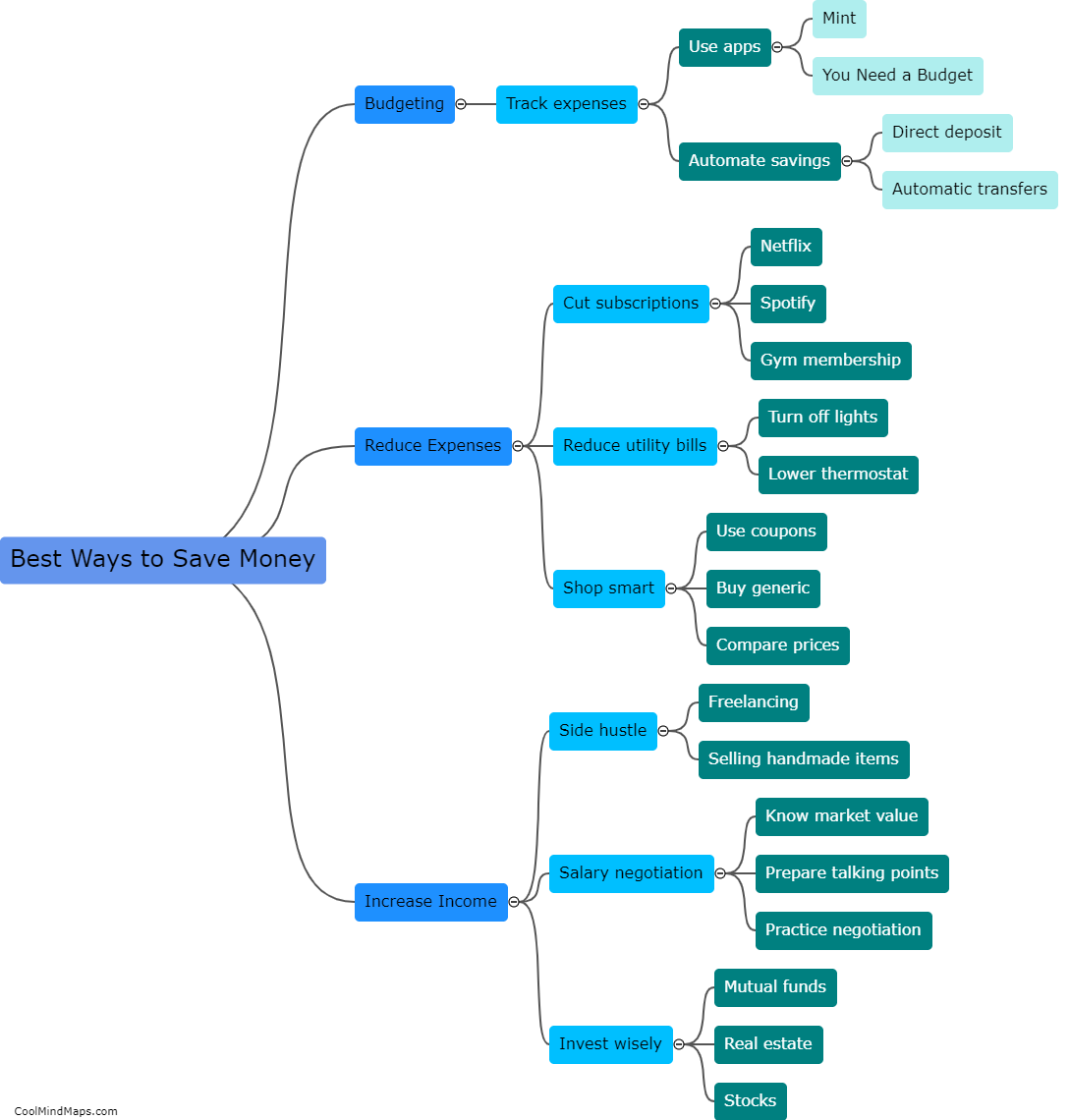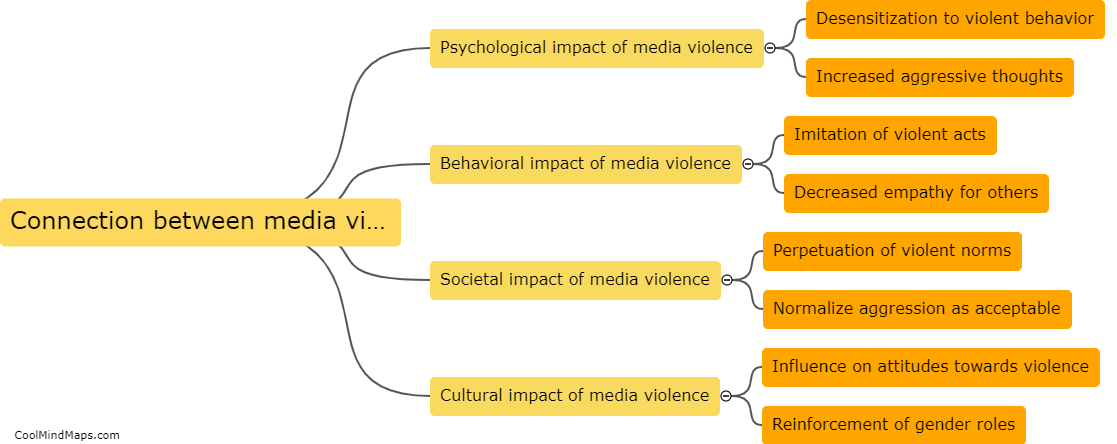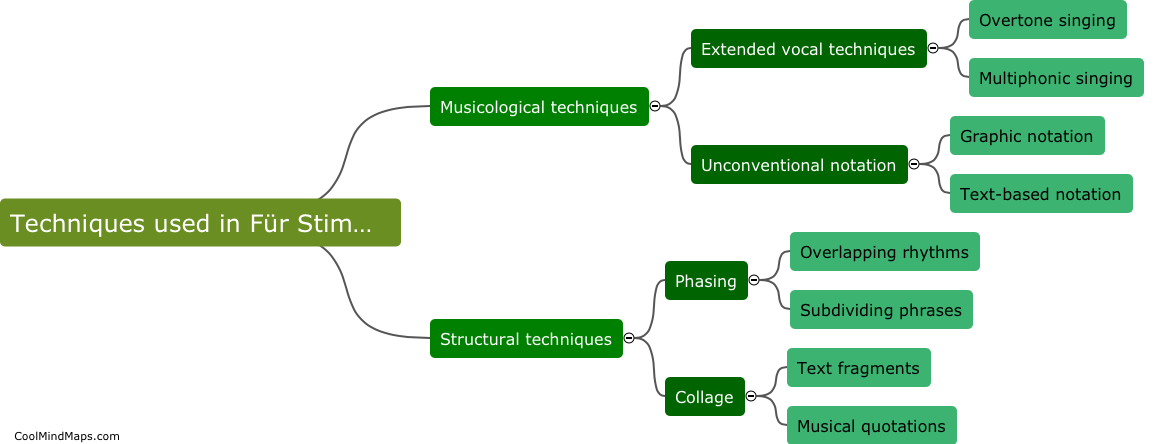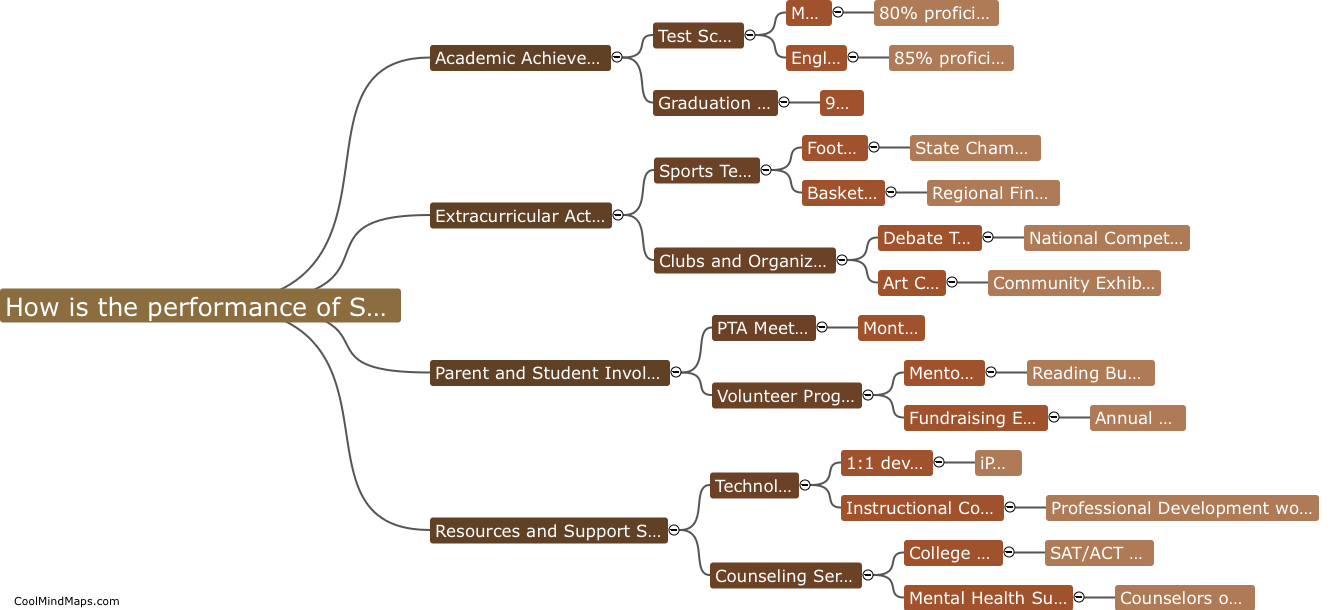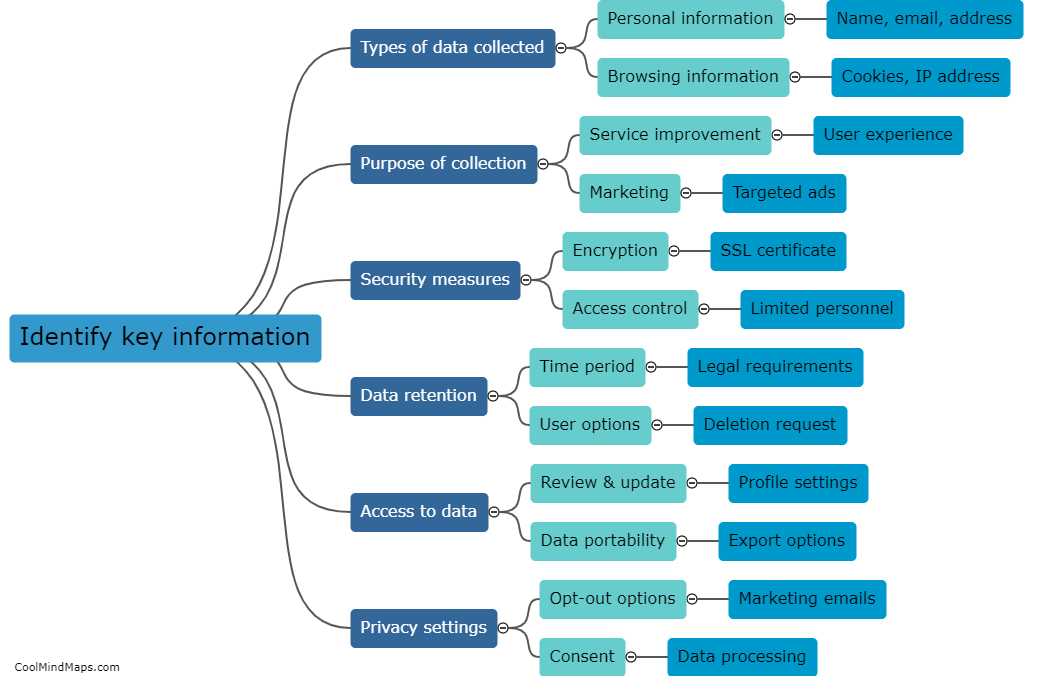What is the historical context of Dieter Schnebel's work?
Dieter Schnebel, a German composer and musicologist, emerged as a prominent figure in the avant-garde music scene of the mid-20th century. His work was deeply influenced by the experimental and revolutionary spirit of the post-war era, as well as the developments in music theory and technology. Schnebel was part of the Fluxus movement, which sought to break down traditional boundaries between art forms and engage with new modes of expression. His compositions often incorporated elements of chance, found objects, and multimedia, reflecting the broader cultural shift towards interdisciplinary art practices. Additionally, Schnebel's work was a reaction against the hegemony of serialism and atonality in contemporary classical music, seeking to explore new sonic possibilities and expand the boundaries of what music could be.

This mind map was published on 21 March 2024 and has been viewed 85 times.



